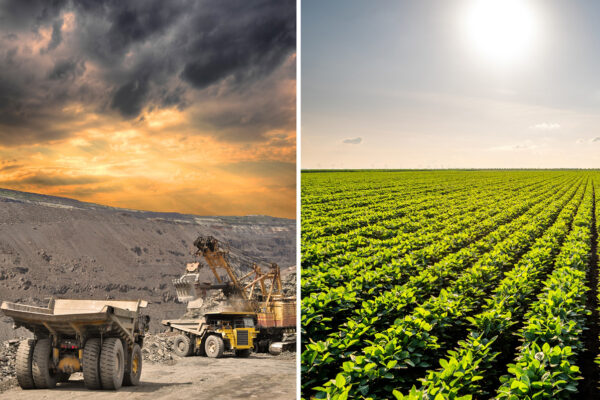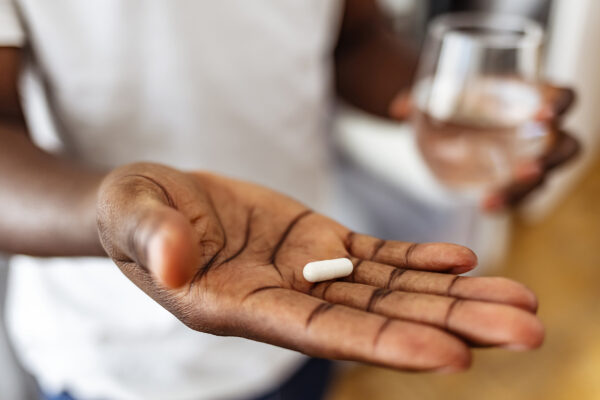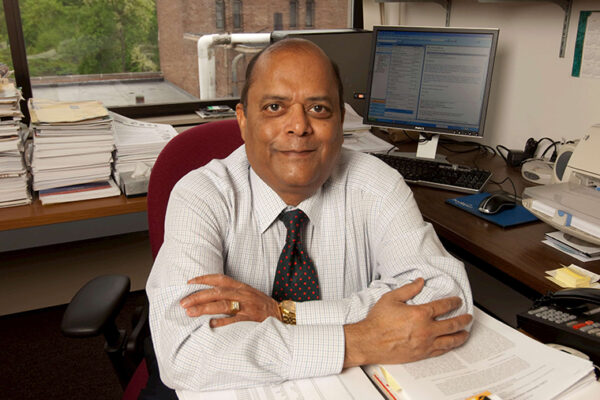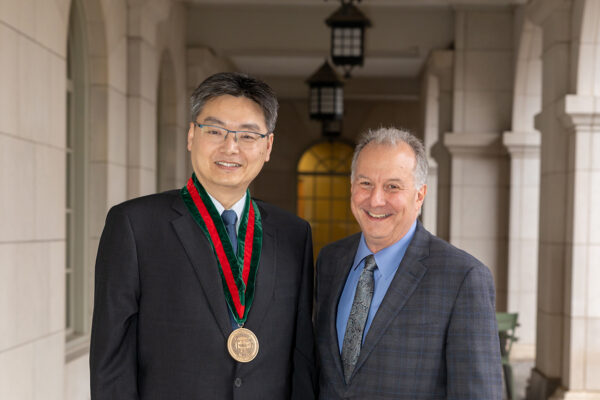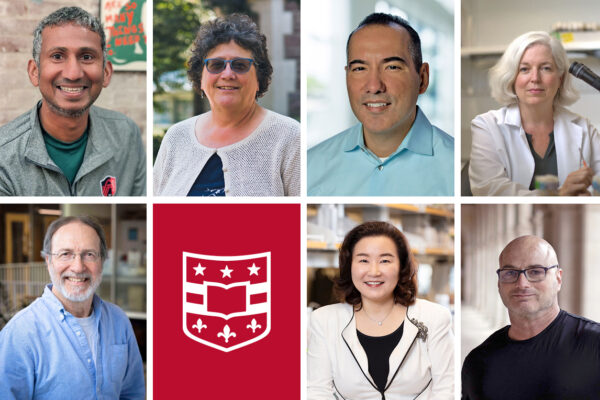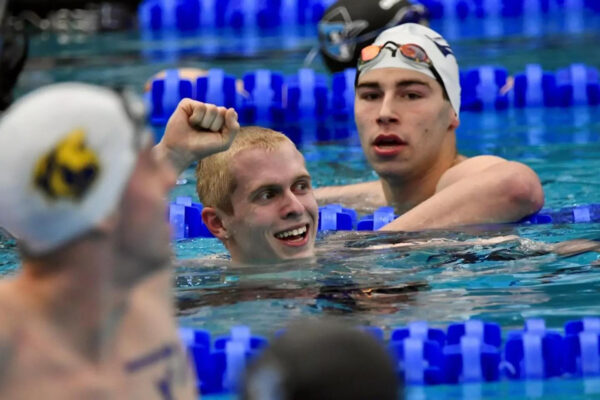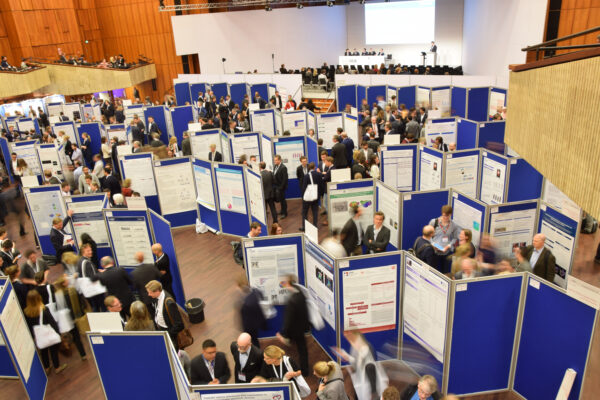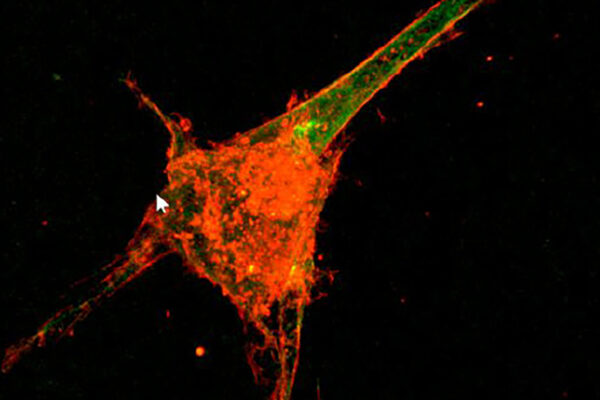Electrochemical method supports nitrogen circular economy
A new approach developed by researchers at Washington University converts nitrogen waste into a valuable chemical product.
In molecular imaging, details matter
Microscopy researchers at Washington University developed a new method to improve precision in molecular imaging.
Machine learning could help predict adherence to HIV treatment
Researchers at Washington University use data science to improve adolescent compliance with HIV treatments in low-resource areas.
Agarwal to receive aerospace industry award
Ramesh Agarwal, the William Palm Professor of Engineering in the McKelvey School of Engineering at Washington University, will receive the 2025 John J. Montgomery Award for Distinguished Innovation in Aerospace from the American Society of Mechanical Engineers.
He named Laura and William Jens Professor of Environmental Engineering
Jason He has been named the Laura and William Jens Professor of Environmental Engineering at the McKelvey School of Engineering at WashU.
Seven WashU faculty elected to AAAS
Seven WashU faculty members are among the 471 new fellows selected by the American Association for the Advancement of Science.
Wolford wins NCAA title in swimming
Fifth-year student Kyle Wolford won the national title in the 200 backstroke with a time of 1:44.15 March 22 in Greensboro, N.C. He is the 27th student-athlete to win an individual national title.
Uncovering the electrochemistry of condensates
Researchers at Washington University are discovering the electrochemical properties of biomolecular condensates, which could help in development of treatments for cancer or other diseases.
How Alexa is listening
Umar Iqbal, a computer security expert from Washington University, explains how smart speakers process user data.
The right moves to rein in fibrosis
Biomedical researchers at Washington University have decoded how mechanical forces drive cell behavior in fibrosis.
View More Stories
